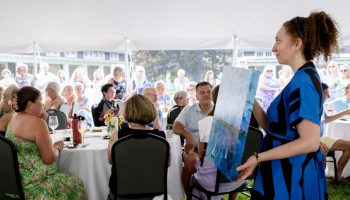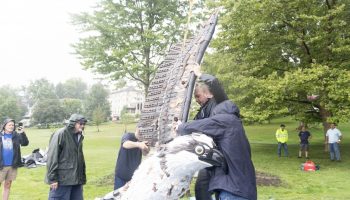When nonprofit leadership expert Joan Garry spoke at the Chautauqua Women’s Club’s Contemporary Issues Forum on July 2, she said: “Nonprofits are essential to building a truly civil society. Nonprofits turn towns into communities.”
Among the handful of organizations Garry noted was the Y. Led by CEO Margaret Mitchell, YWCA USA is one of America’s oldest and largest women’s organizations.
At 3:30 p.m. today in at the Hall of Philosophy, Mitchell will join Felicia Beard for a special Chautauqua County Day panel discussion — “Women, Girls, Race and Poverty.” Beard is the senior director of racial equity initiatives at the Community Foundation for Greater Buffalo.
The issues they will discuss matter not only to the nearly 51% of the U.S. population that is female, but also to everyone else who is not.
Mitchell and Beard will talk about the connection between the work they lead and facilitate, and intersections between women, girls, race and economic inequality. This includes efforts to amplify voices of women and others who have been historically marginalized. Held for the first time in 2022, Chautauqua County Day opens the Institution up to county residents, free of charge.
Margaret Mitchell
YWCA USA
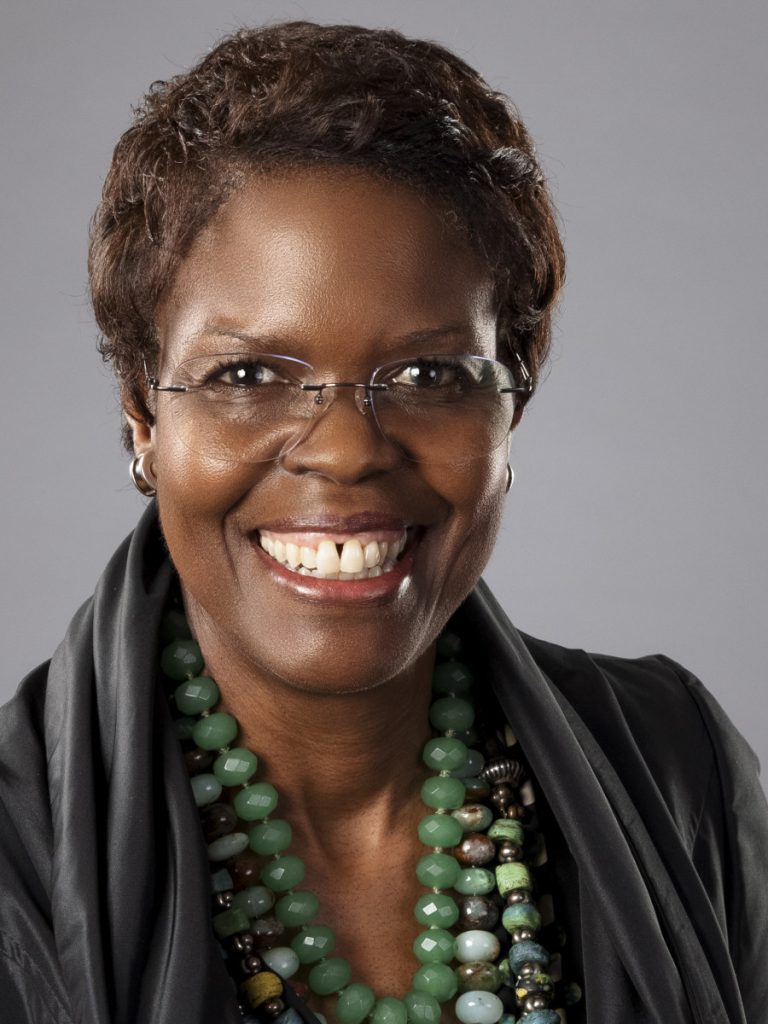
Before being selected in 2021 as the YWCA’s national CEO — and being honored with its Excellence Award for Racial Justice the same year — Mitchell served for a decade as president and CEO of YWCA Greater Cleveland. Under her leadership there, the Y’s budget nearly tripled, and the number of staff more than tripled.
“I think when you dive into these topics around gender and racial equity, there’s an overwhelming sense of where and how and why and when,” Mitchell said. “There’s a sense of impossibility. I want people to know that this work is an invitation to everything better. (People) keep getting trapped in ‘you have that and I have this.’ I believe it will be better for everyone.”
Mitchell said racial and gender equity can be difficult for people to actualize.
“Part of why we’re not there is that we have emotional barriers — roadblocks, brakes. We can’t imagine the possibility of individuals being their best, and living their best lives. This is what (Martin Luther) King (Jr.) said. Regardless of race and gender … you can thrive.”
Under her leadership, the YWCA “is trying to be more authentic and deliver on its promises. When we get rid of these barriers, we get there,” Mitchell said. “There isn’t a magic recipe. There aren’t winners and losers. Power is such a shortsighted view of how we approach this. … Even if we’ve moved three steps back — some say it’s 30 steps back — I think it’s part of the process that moved us forward.”
According to Mitchell, being able to “reframe and reimagine the future,” and understand the “collective work there is to do,” will benefit people.
“I want people to know that there’s a world in which everything is better,” she said. “Change is really not easy, (but) there’s so much more.”
Felicia Beard
Community Foundation of Greater Buffalo
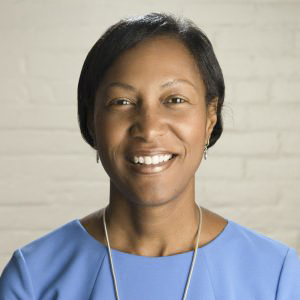
Beard develops, supports and advances the Community Foundation of Greater Buffalo’s work on racial and ethnic equity.
“We talk a lot about ‘equity’ as opposed to ‘equality,’ ” she said. “Equity is giving people what they need based on how they are situated. Equality is giving everyone the same thing. If you meet people where they are, then they can succeed. Everyone being able to pull themselves up by their bootstraps is a myth. Communities of color exist because of policies, practices and procedures.”
As senior director of racial equity initiatives, she manages the Greater Buffalo Racial Equity Roundtable, composed of over 30 community leaders from the public, private, nonprofit and faith-based sectors in Western New York.
“We have 10 different strategies,” Beard said. “Overall we’ve worked with 350 partners in our community. It’s a cross-sector partnership. A lot of partners are at the leadership level.”
Using a comprehensive tool to make racial equity actionable and measurable, called Racial Equity Impact Analysis, she has worked with 145 organizations since 2016 to help them develop diverse and inclusive workforces, including educational institutions, media companies and many businesses.
“That’s a big deal to us, especially because an organization we work with, Race Matters Institute, isn’t local,” she said. “(The REIA toolkit is) specific for CEO and C-Suite leadership teams … and it’s about including racial lenses in practices and policies.”
This toolkit is something many businesses have found to be valuable in starting conversations on equity.
Businesses “know it’s good for the bottom line,” she said. “One of the questions employers are always asking is, ‘How do we have conversations and touch the subject?’ (At Chautauqua) I’m going to offer some advice about how the Community Foundation for Greater Buffalo has been successful, and how this is benefiting all people in the region.”
For Beard, closing racial equity gaps is eminently possible.
“We have a report called The Racial Equity Dividend: Buffalo’s Great Opportunity,” she said. “It shows the benefits to Buffalo when you close gaps, and that it’s doable.”
Beard said she hopes Chautauquans attending the panel will be engaged enough to want to know: “How do I start?”
LOCAL NONPROFIT LEADERS
In addition to Mitchell and Beard, four local nonprofit leaders will be participating in this panel, hosted by the Coalition of Chautauqua County Women and Girls.
Jane Cleaver Becker, executive coach and consultant, will provide a brief overview of the CCCWG. Amanda Gesing, Jamestown YWCA executive director, will make introductions. Amy Rohler from United Way of Southern Chautauqua County will serve as the panel moderator, and Tory Irgang, of Chautauqua Region Community Foundation, will facilitate the Q-and-A and closing.
Jane Becker
CCCWG
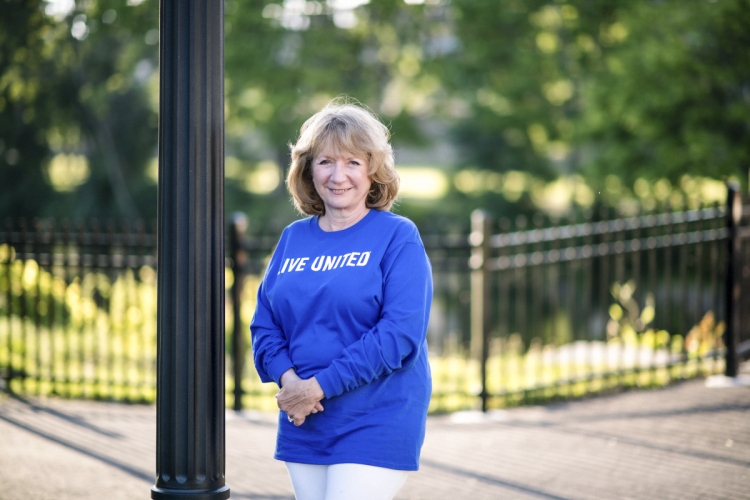
According to Becker, its founder, the Coalition of Chautauqua County Women and Girls is dedicated to providing opportunities that enable all local women and girls to thrive. Its Women2Women mentoring program trains volunteers to coach other women, on a one-to-one basis, in order to support their personal and professional goals. CCCWG also develops and implements programs on issues that all women and girls deal with, such as finances and leadership.
Amanda Gesing
YWCA Jamestown
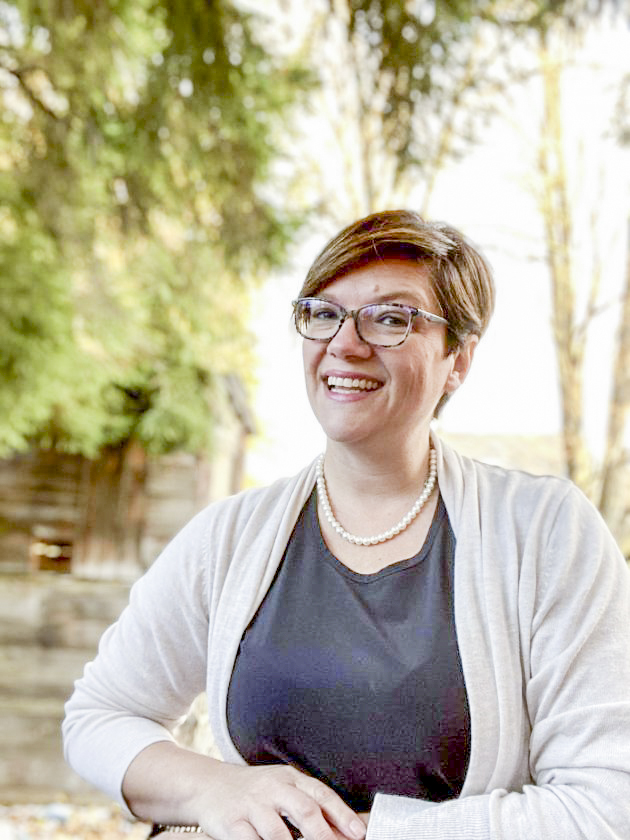
As the executive director of the Jamestown YWCA, Gesing has been leading this Y’s efforts to eliminate racism, empower women and promote peace, justice, freedom and dignity for everyone.
The Jamestown Y collaborates with the CCCWG on the Women2Women coaching program as part of its “Empowering Women” project portfolio.
Amy Rohler
UWSCC
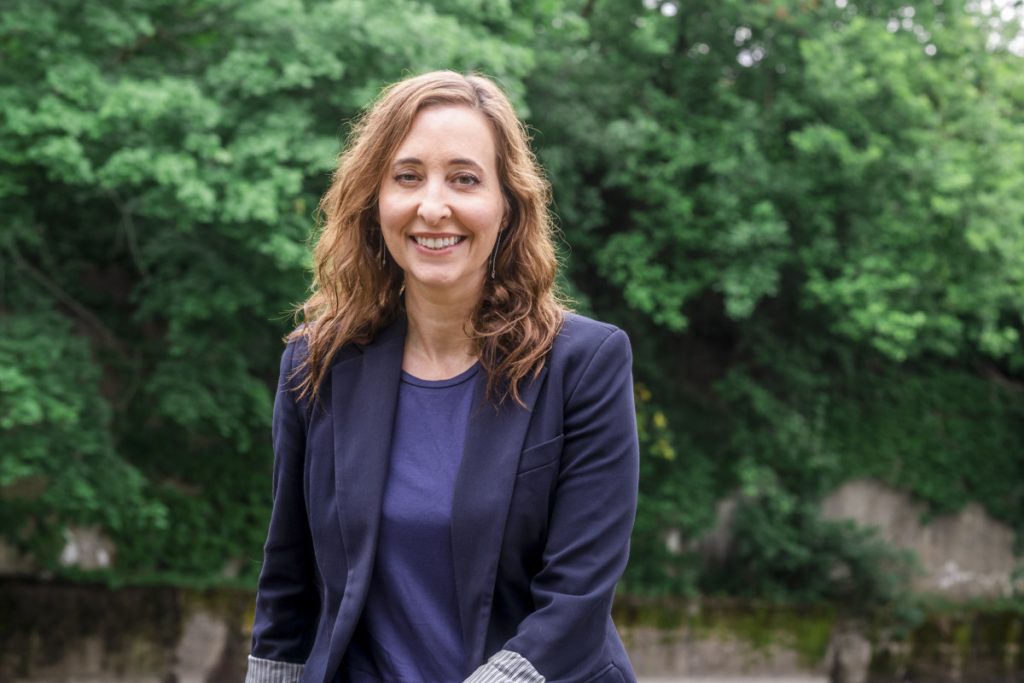
Rohler serves as executive director of United Way of Southern Chautauqua County.
“When you think about the outcomes that United Way is trying to achieve,” Rohler said, “the issues around poverty, economic inequality, children, and equity and inclusion are priorities for all United Ways.”
She said that the UWSCC is “the backbone agency” for the nascent Chautauqua County I.D.E.A. Coalition, which was launched this Juneteenth.
Based in Jamestown and directed by Leecroft Clarke, the I.D.E.A. Coalition’s mission is to “make Chautauqua County a place where everyone belongs and has opportunities to thrive, especially those who have been historically marginalized.”
Rohler said that she hopes that after this panel discussion, people will return home, look up the census data about their own communities — at UnitedForALICE.org for instance — and lead systems change work.
Tory Irgang
CRCF
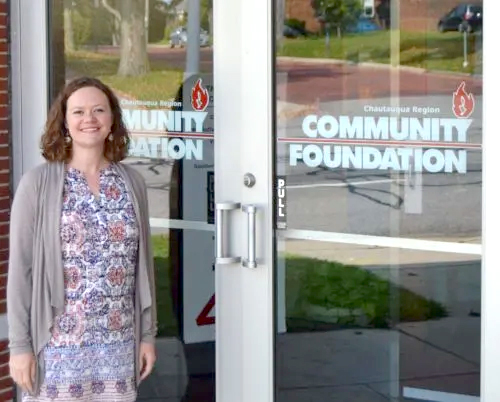
Irgang is the executive director of the Chautauqua Region Community Foundation, a nonprofit community corporation created by and for the people of the Chautauqua region. The CRCF seeks to enrich lives by serving as a bridge between donors and charitable activities. This stellar cast of six changemakers bolsters Garry’s long-time observations: nonprofits make towns into communities and are critical for building a genuinely civil society.


